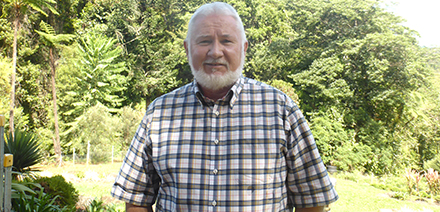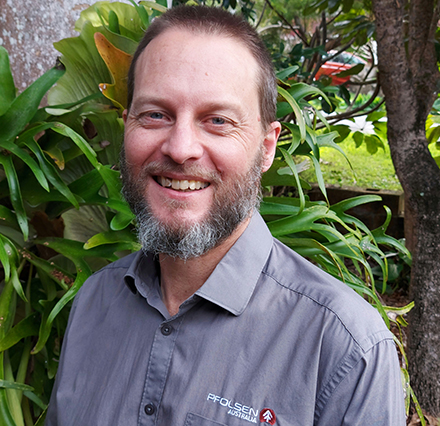A new forestry project has been launched to support the integration of more trees on farms in Victoria – helping the state achieve its net zero carbon goals by 2050. Overseen by Forestry Australia, the Trials Review, Information and Genetics (TRIG) project aims to improve information pathways to assist the expansion of farm forestry in Victoria. Source: Timberbiz
TRIG Project Steering Committee Chair, Dr Kevin Harding said the project aims to build on Victoria’s history of farm forestry to help the state reach carbon targets and expand the productive farm-tree estate.
“Victoria has a proud legacy of extensive farm forestry trials and research established during the 1980s through to the early 2000s,” Dr Harding said.
“The TRIG project intends to build on this history to empower and enable the next generation of farm foresters to harness the remarkable carbon sequestering power of trees to reach net zero goals. It will also diversify products and income streams from farms making them more resilient enterprises.
“Well-managed farm forestry sequesters enough carbon to partly or even completely offset farm greenhouse gas emissions. This is by far the cheapest option for removing carbon dioxide from the atmosphere, plus creates rural and regional jobs and provides diversified farm income.
“Funding from The TRIG Project will support a review that will revisit previous trials to identify priority sites to target for enhancement and data collection. The project will also identify plantings that have performed well to inform how landholders can get better growing trees for their land.
“The project will assess high quality plantings and make recommendations about establishing Seed Production Areas to supply improved seed for farmers. These datasets and reports, along with advice will be made publicly available in mid-2023.”
Forestry consultants PF Olsen Australia will manage the project.
PF Olsen Australia’s Research and Consulting Manager, Dr Phil Lacy, said there was a lot to be learnt from Victoria’s historical species trials.
“These historical species trials offer a wealth of information that can be used to make decisions about future plantings of the most promising species. We aim to identify ‘the best of the best,” Dr Lacy said.
“There is also the potential to identify trial sites that could, with some stand improvement work, become seed orchards and demonstration plantings that help farmers get better production on their land.
“We will engage with farm forestry groups, forestry consultants, CSIRO, and the Victorian Government to learn more about these historical trials and develop a plan for more detailed re-assessment of those that are most promising.”
The TRIG project was designed in consultation with Farm Forest Growers Victoria with $503,750 of funding provided by the Australian Government and delivered via the Victorian Government’s Department of Jobs Precincts and Regions. The project will tie closely in with and support Victorian Government programs currently under development including the Victorian Carbon Farming Program and VicForest’s Farm Forestry Program.







